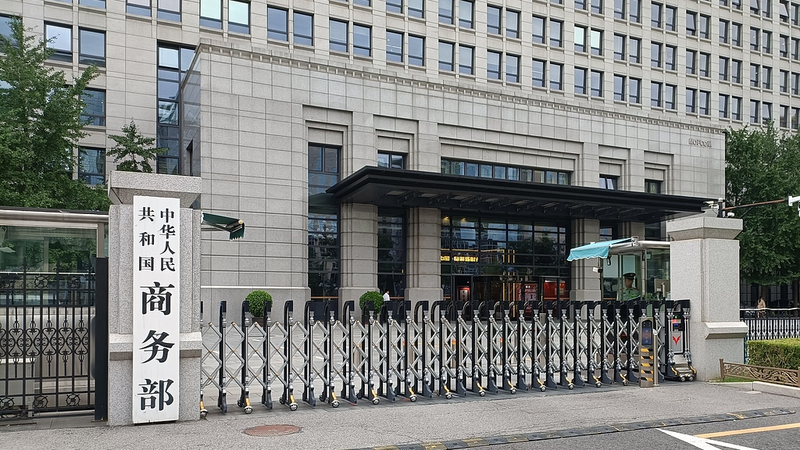
China, U.S. Reach Tariff Truce in Kuala Lumpur Trade Talks
China and the U.S. agree to suspend tariffs and expand cooperation following Kuala Lumpur trade talks, signaling progress in economic relations.
News & Insights Across Asia

China and the U.S. agree to suspend tariffs and expand cooperation following Kuala Lumpur trade talks, signaling progress in economic relations.
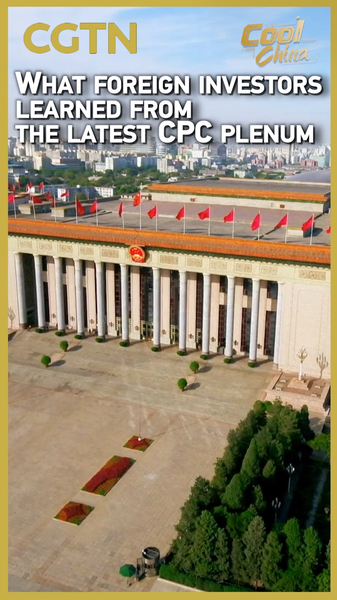
Global investors express optimism after China’s CPC plenary session outlines economic priorities, signaling new opportunities in tech and green sectors.

Recent China-U.S. trade talks in Malaysia produced key agreements, stabilizing relations ahead of the APEC meeting. Expert analysis highlights strategic progress and future challenges.

China and the U.S. begin pivotal economic talks in Kuala Lumpur, aiming to align trade policies and address disputes under high-level agreements.
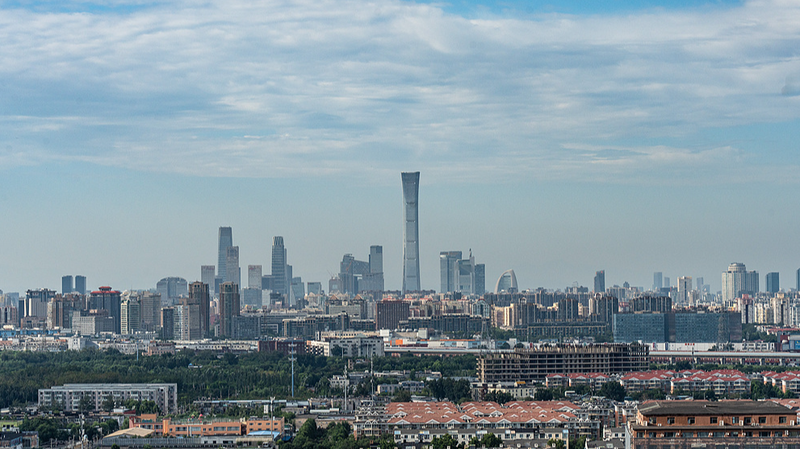
Chinese official highlights economic resilience, long-term growth potential, and policy stability amid global uncertainties.
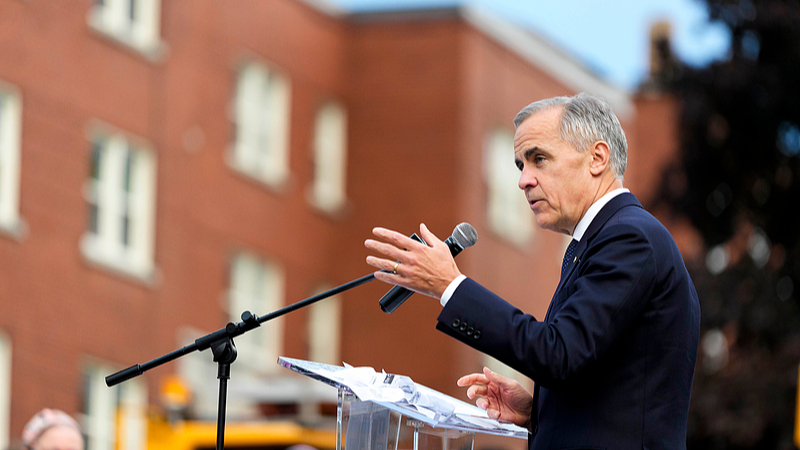
Canada plans to double non-U.S. exports in a decade, targeting Asian markets to reduce reliance on the U.S. amid shifting trade dynamics.

China’s CPI fell 0.3% in September, reflecting shifting consumer demand and global economic pressures. Insights for investors and policymakers.
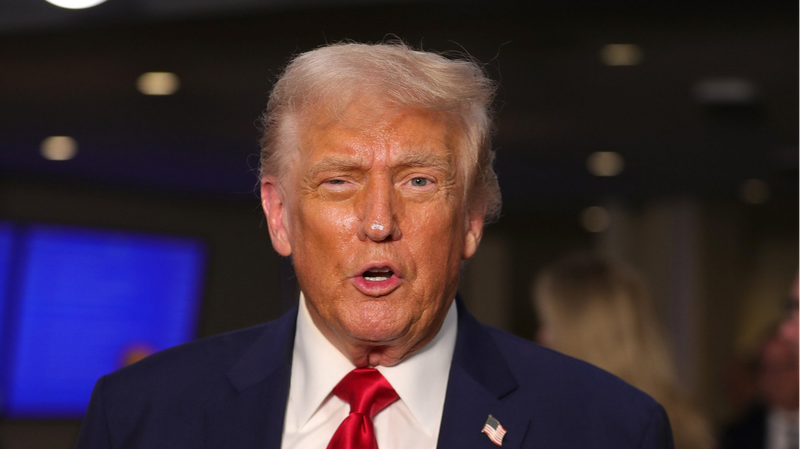
Amid renewed U.S.-China trade tensions, experts emphasize cooperation over confrontation to stabilize global markets and economic growth.
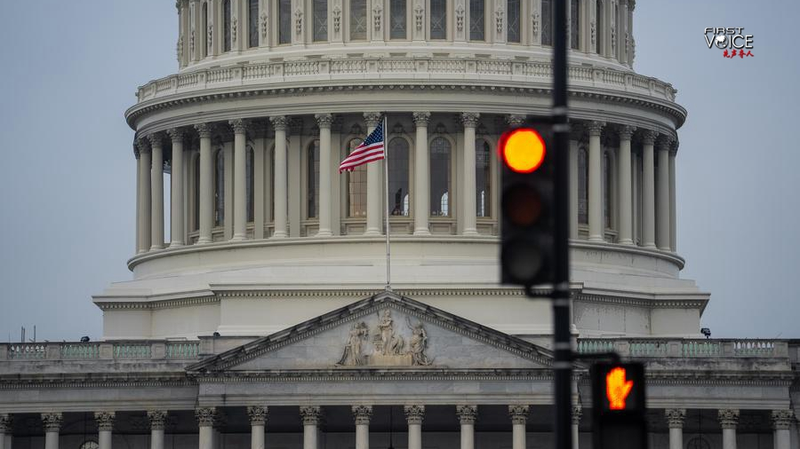
U.S.-China trade tensions escalate with new tariffs and rare earth export controls, as both nations implement reciprocal trade measures affecting global supply chains.
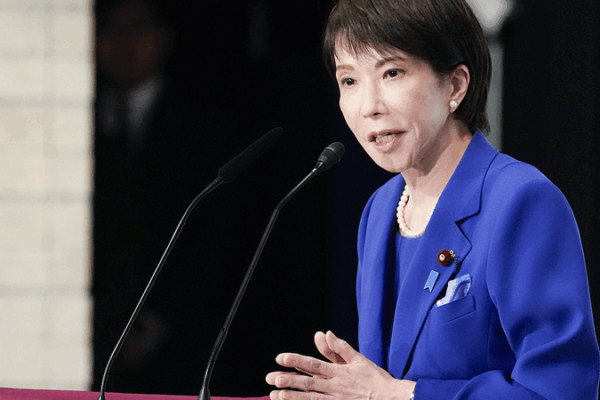
Sanae Takaichi’s election as LDP leader signals a potential revival of Abenomics, with analysts weighing impacts on Japan’s economy and markets.
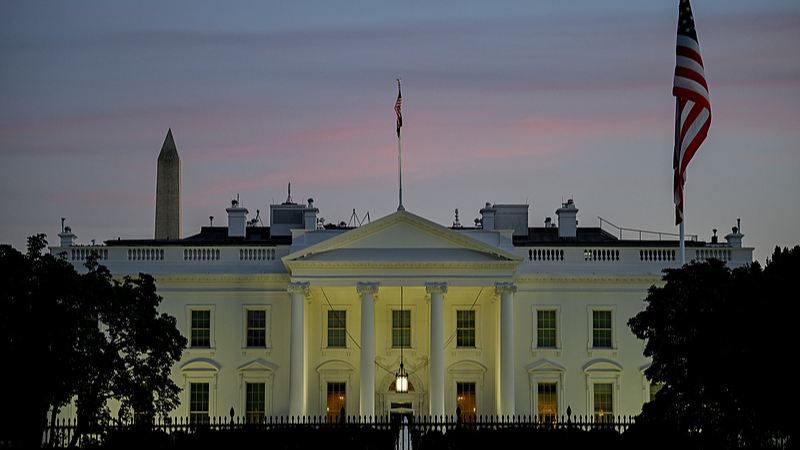
U.S. government shutdown continues amid Senate deadlock, raising concerns about impacts on Asian markets and cross-strait economic stability.

The U.S. government shutdown, driven by congressional gridlock, raises concerns for global markets and Asia’s economic ties. Key details explained.

Hong Kong SAR maintains position as 4th largest global forex hub and top offshore RMB center, with daily turnover surging 27.2% to $883.1 billion in 2025.
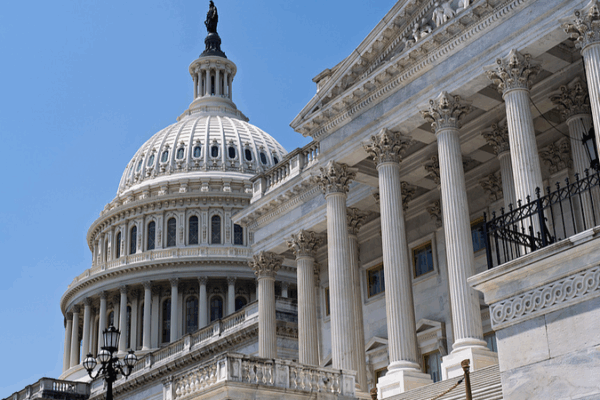
The third US government shutdown under Trump’s term raises concerns for Asian markets, investors, and diaspora communities amid global economic uncertainties.

The U.S. government shutdown begins amid partisan gridlock, threatening federal jobs and raising concerns over global economic stability, including Asian markets.
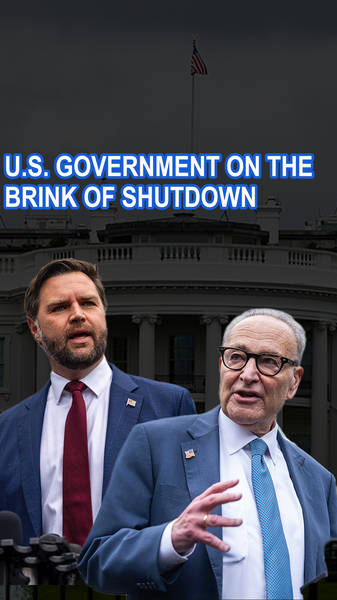
The U.S. faces a potential government shutdown as Republicans and Democrats remain deadlocked over budget negotiations, with global economic implications.

China’s property market transitions to sustainable development models, balancing economic stability with environmental priorities in urban planning reforms.

China and Hong Kong officials reject US claims about business climate, defend national security laws and highlight continued international investor confidence.
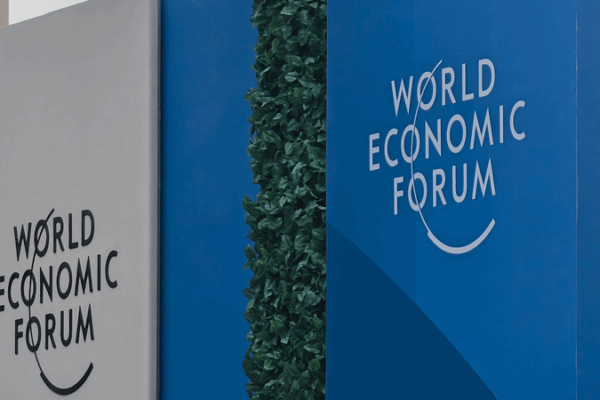
72% of economists predict weak global growth through 2026 due to trade shifts, policy uncertainty, and tech disruptions, per WEF’s latest survey.

China highlights financial sector achievements during 14th Five-Year Plan, emphasizing fintech innovation, green finance, and market stability.